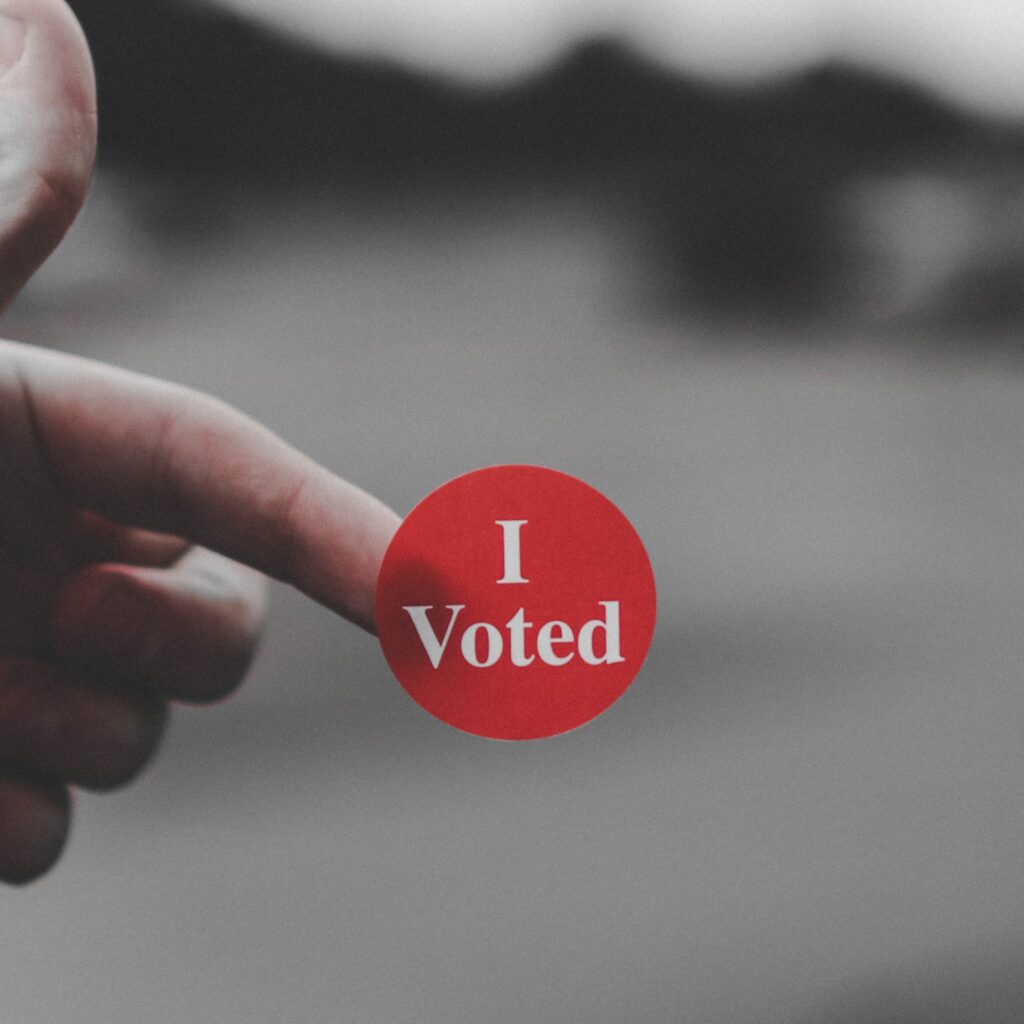This is EmergingCrypto.io’s weekly newspaper. To receive this in your inbox on Monday morning, you may subscribe here!

All the emerging market blockchain & crypto news you need in less than 5 minutes
In This Issue
Eastern Europe
•SANCTIONS: Russian traders welcomed in Kazakhstan
•REGULATION: New mining bill will be introduced to the State Duma in Russia
Latin America and The Caribbean
•USE CASE: Decentralized voting project using Zero Knowledge Proof tech wins hackathon in Colombia
•MINING: Electricity rates for crypto mining increase as high as 58% in Paraguay
Asia
•FINANCE: Blockchain-based bonds to be tested in Israel
•USE CASE: Blockchain-based digital identification to be issued in South Korea
Africa
•LICENSING: YellowCard becomes the first crypto exchange to be granted a Virtual Asset Service Provider license in Africa
•REGULATION: Crypto classified as a ‘financial asset’ in South Africa, regulation on the horizon
Eastern Europe

SANCTIONS: Russian traders welcomed in Kazakhstan (3 minute read)
Non-sanctioned Russians will be able to trade on the Kazakhstani crypto exchange, Intebix. CEO and co-founder of Intebix, Talgat Dosanov, said, “Russian nationals who are not in sanction lists are welcome at Intebix, though they will need to pass a deep compliance check and open an account in Eurasian bank to enjoy the crypto-to-fiat transactions.” Dosanov indicted that Intebix welcomes non-sanctioned Russian nationals because the Astana International Financial Centre (AIFC) regulates the exchange.
REGULATION: New mining bill will be introduced to the State Duma in Russia (2 minute read, original article in Russian)
The most recent cryptocurrency mining bill was rejected last week by the Russian State Duma and a new draft law on cryptocurrency mining will be submitted in the near future according to Anton Gorelkin, deputy chairman of the State Duma committee on information policy and representative of the United Russia party. The new bill will be more elaborate, taking into considerations the opinions of the Central Bank and the Ministry of Finance, and will include provisions on cross-border crypto payments, establish mining standards, provide legal grounds for the development of domestic crypto infrastructure, and not threaten the ruble as the sole means of payment in Russia.
Want more Eastern Europe news?
•Kraken crypto exchange is next to close doors to Russian users
•Turkey taps blockchain for e-Human project, President Erdoğan announced
•The Central Bank spoke about the identification of companies with signs of illegal activities (Russian)
•The main thing about crypto-sanctions against Russians (Russian)
Latin America and The Caribbean

A Brazilian decentralized application (dApp) company that fractionalizes NFTs, NFTFY, has won a hackathon in Colombia for developing a decentralized voting project called ‘ZK Vote’. Using Polygon’s ID technology and Zero Knowledge Proof technology, NFTFY built a digital voting card that allows evidence of voting without identifying the voter. According to Leonardo Carvalho, CEO and Co-founder of NFTFY, “Participating in competitions like these is extremely important for the development of technologies that evolve the crypto world. I believe that the development of a technology that allows decentralized elections is something very interesting to be raised as it explores one of the many possibilities of blockchain as a tool that goes far beyond just cryptocurrencies.”
MINING: Electricity rates for crypto mining increase as high as 58% in Paraguay (2 minute read, original article in Spanish)
The Paraguayan National Electricity Administration (ANDE) has decreed that cryptocurrency miners will have to pay rates between 6% and 58% higher than today. The increases will be based on the voltage levels, ANDE explained that the rate increase is to preserve electricity for traditional production sectors. Commenting on Paraguay’s crypto regulatory framework that was vetoed by Paraguay’s executive branch, the president of ANDE said the “bill intends to impose an insufficient rate, which if applied, all of us would be subsidizing the consumption of electricity for [crypto mining].”
Want more Latin American & Caribbean news?
•“El Salvador has definitely been a pioneer in terms of cryptocurrency adoption”, Tom Yang CMO of Gate.io (Spanish)
•Almost 80% of El Salvador’s citizens believe the country’s Bitcoin strategy has failed
•Banks and insurers must start testing the metaverse (Spanish)
•Culte and SLC Agrícola will launch Brazil’s first agro metaverse (Portuguese)
•CVM opinion shows openness, but leaves open points (Portuguese)
Asia

FINANCE: Blockchain-based bonds to be tested in Israel (3 minute read)
In an effort to modernize financial market processes and reduce operating costs, the government of Israel is testing blockchain-based digital bonds in a joint effort with the Tel Aviv Stock Exchange (TASE) and the Office of the Accountant General in the Ministry of Finance. TASE will issue tokenized bonds via a private permissioned distributed ledger to demonstrate that blockchain and tokenization will improve transparency, streamline processes, reduce bond issuance costs, and speed up settlement times. The pilot project has already begun and is expected to be completed by the end of Q1 2023.
USE CASE: Blockchain-based digital identification to be issued in South Korea (4 minute read)
The South Korean government plans to offer blockchain-secured digital IDs to people with a smartphone in 2024 and aims for 45 million citizens to adopt digital IDs within two years. Digital IDs are expected to generate at least 60 trillion won ($42 billion), or 3% of GDP, in economic value within ten years. Digital IDs simplify verification on the web with a pin or fingerprint for actions like applying for state benefits, transferring money, or casting a vote.
Want more Asia news?
•Why local language education is critical to crypto’s future
•SBI and Securitize to collaborated for tokenized bond issuance in Singapore
•Interpol reportedly creates dedicated unit to fight crypto crimes
•India aims to develop crypto SOPs during G20 presidency, says finance minister
•One country, two systems? Hong Kong seems set to diverge from China on digital assets
Africa

Botswana’s Non-Bank Financial Institution Regulatory Authority (NBFIRA) issued YellowCard the first Virtual Asset Service Provider (VASP) license in Africa. “We have over a million customers and the only crypto exchange on the continent that has a [Virtual Asset Service Provider] license,” says Chris Maurice, CEO of YellowCard. In early 2022, Botswana passed a virtual assets bill to regulate the trading of cryptocurrencies and digital tokens.
REGULATION: Crypto classified as a ‘financial asset’ in South Africa, regulation on the horizon (2 minute read)
Crypto is a ‘financial asset’ according to the Financial Sector Conduct Authority (FSCA), South Africa’s financial watch dog, enabling it to be regulated. The FSCA formally defined crypto assets as “a digital representation of value.” Planned regulations include foreign exchange controls and licensing crypto trading companies.
Want more Africa news?
•South African crypto platforms must be licensed in 2023 -regulator
•Centurion Invest empowers African mass adoption of digital assets payments to Mpesa, Airtel, Orange through its partnership with ImpalaPay
Thanks for reading and have a great week ahead!
What did you think of today’s newspaper?
Awesome I Great I Good I Okay I Bad
Written by Jon Lira. Connect with him on LinkedIn and Twitter.
Was this email forwarded to you? Sign up here
